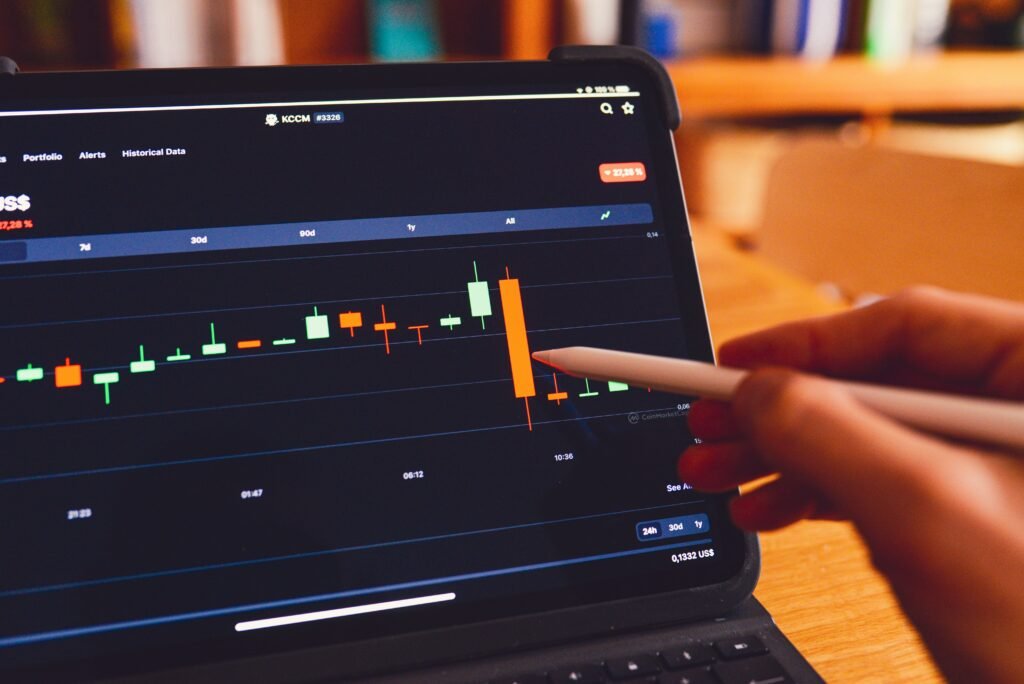Bitchat, the decentralized chat app built by Jack Dorsey, has seen a rapid spike in downloads in Nepal and Indonesia. Governments in both countries enacted temporary blocks on major social platforms during protests. Users and protesters turned to Bitchat for censorship-resistant communication and faster coordination. Downloads rose within days as people looked for alternatives to centralized services. Bitchat’s mix of decentralization and ease of use explains the quick surge.
Why Bitchat gained traction
When mainstream networks became unreliable, people sought resilient tools. Bitchat’s peer-to-peer design reduces single points of failure. That made it a natural fallback amid rolling restrictions. Protesters found Bitchat useful for organizing meetups and sharing live updates. The app’s accessibility helped it spread by word of mouth.
Responding to government blocks
Where governments enacted government blocks on social media, citizens needed new channels. Bitchat resists top-down takedowns because it lacks a single control point. In Nepal, spikes followed major political unrest and leadership changes. In Indonesia, protests over policy moves triggered similar adoption. In both places, Bitchat helped keep conversations alive when central platforms lagged.
Decentralized chat app benefits
A decentralized chat app offers resilience and more user control. Bitchat reduces reliance on corporate servers and national chokepoints. That censorship-resistant communication helps groups stay connected during shutdowns. Many users also valued basic privacy features and local data custody. These functional benefits drove much of Bitchat’s early growth.
Censorship-resistant communication wins
Freedom tech tools often surge during political crises. Bitchat’s routing and message persistence kept conversations flowing. Users reported fewer interruptions compared with mainstream apps. That reliability increased trust and encouraged wider sharing. For many activists, censorship-resistant communication became essential for safe coordination.
Protecting digital privacy
Concerns about surveillance pushed many to install Bitchat beyond avoiding blocks. People worried about account takedowns and data harvesting on big platforms. Bitchat’s architecture gives users more control over identity and messages. Still, privacy levels depend on implementation and user behavior. Communities testing Bitchat continue to evaluate trade-offs.
What Bitchat adoption means
The Bitchat surge suggests growing demand for tools that survive political pressure. When governments block platforms, apps like Bitchat become critical for civic action. This trend raises questions about moderation, misinformation, and legal risks. Developers may need to add safeguards without undermining censorship resistance. For technologists and rights groups, Bitchat’s growth offers lessons about scale and safety.
Real-world tests in Nepal and Indonesia will shape future freedom tech design. Local NGOs and tech communities are watching how Bitchat handles moderation and misuse. Users should verify sources and balance urgency with caution. Overall, Bitchat’s rise during these protests underscores the expanding role of decentralized tools in modern movements.
Frequently asked questions about Bitchat (FAQ)
Q: what is Bitchat?
A: Bitchat is a decentralized chat app built to offer censorship-resistant communication and greater user control.
Q: why did Bitchat surge in Nepal and Indonesia?
A: Bitchat spiked after government blocks on social media amid protests. People used it to organize and share updates.
Q: is Bitchat secure and private?
A: Bitchat offers stronger decentralization and privacy than many centralized apps. Security varies by settings and implementation.
Q: can governments block Bitchat?
A: Authorities can try to restrict access, but Bitchat’s decentralized design makes broad takedowns harder than for centralized platforms.
Q: how can users stay safe on Bitchat?
A: Verify sources, use strong device security, and follow community guidance. Understand Bitchat’s features and limitations.
If you want background or related coverage, see earlier reporting that tracks freedom tech, platform blocks, and protest-driven adoption trends.



